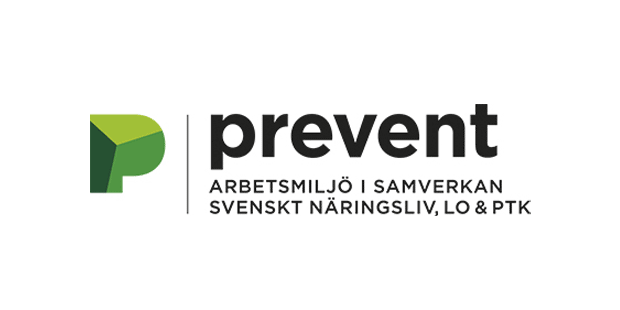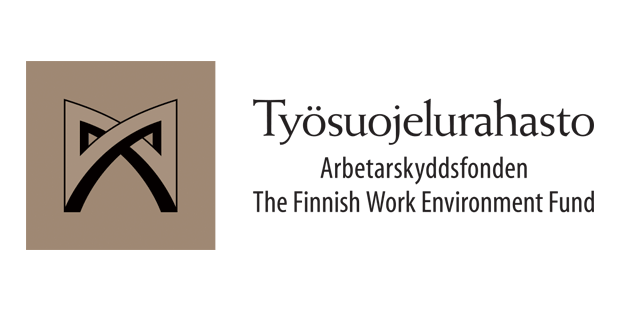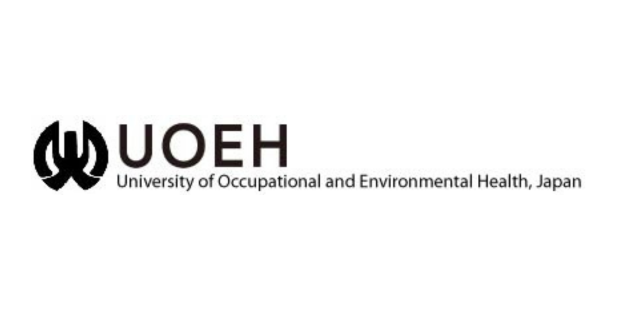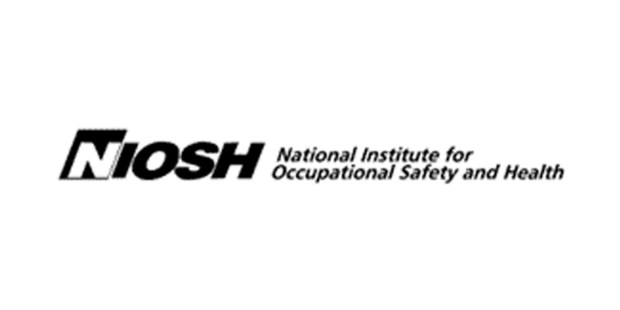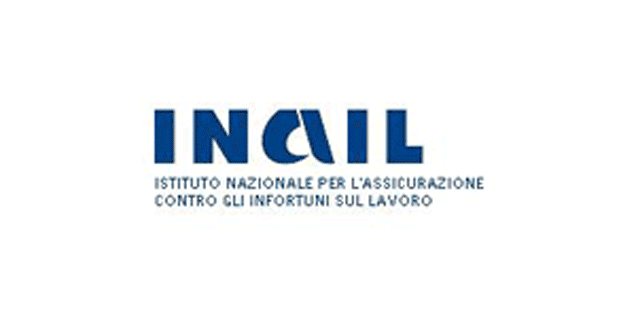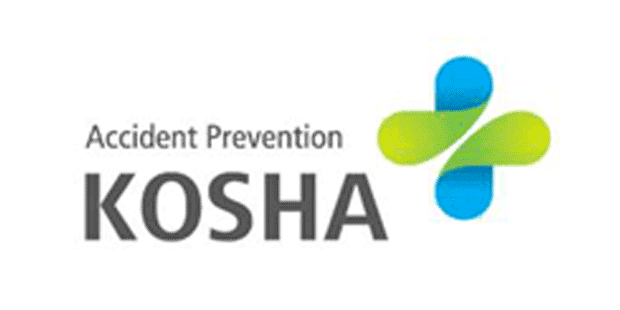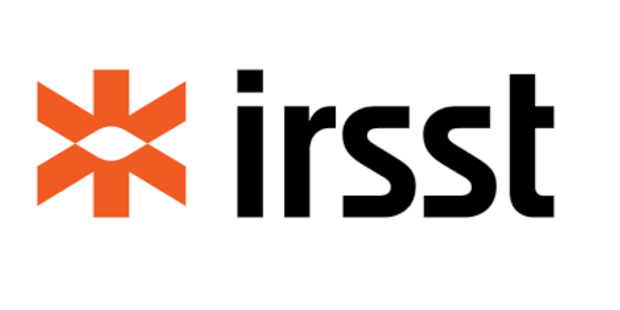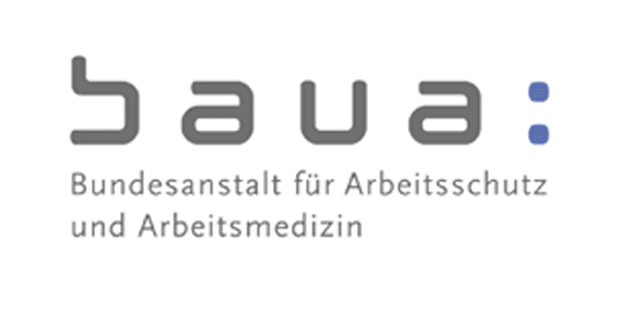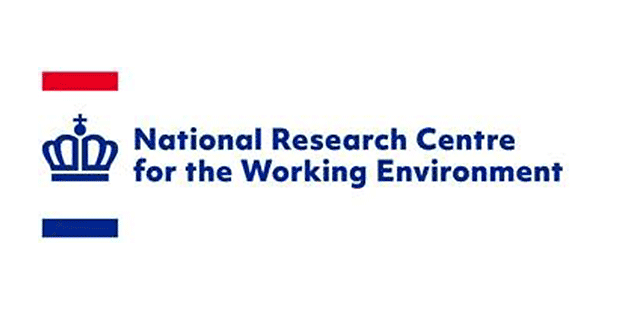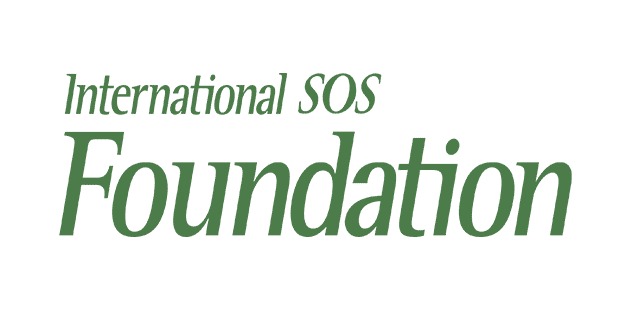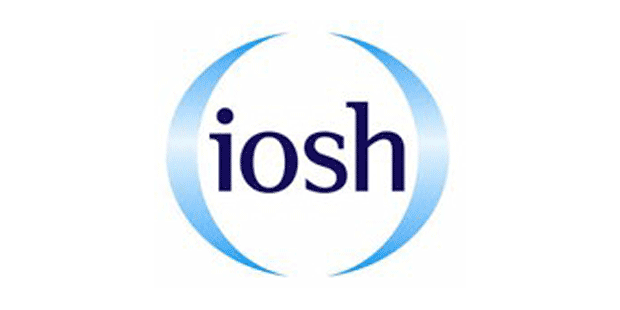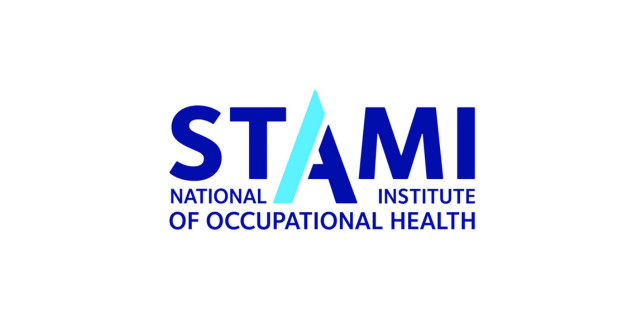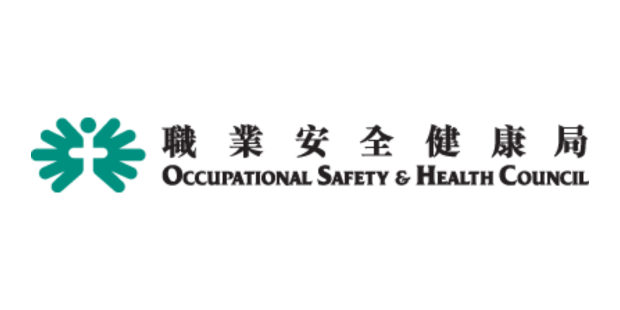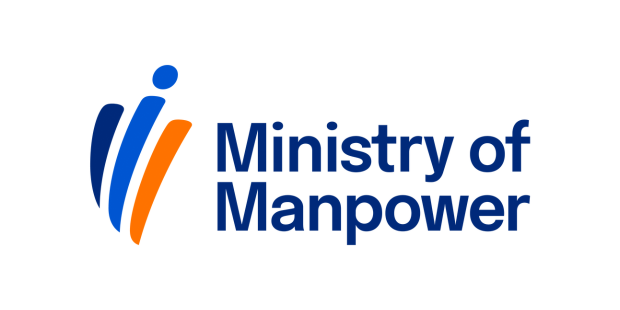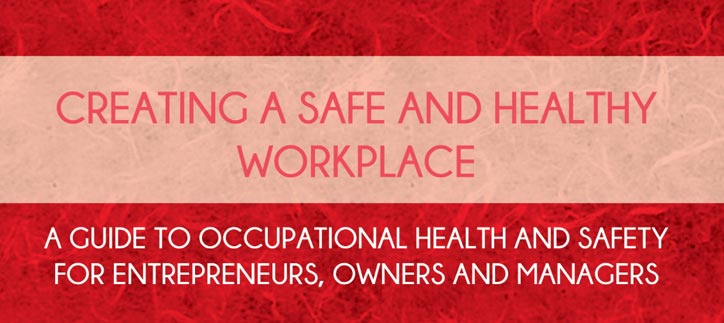Message from the President (December, 2003)
Dear Colleagues,
A busy year approaches its end and hopefully everyone will have a short break to recover before the new objectives, target results, output indicators, etc., again start to measure everyone's productivity and efficiency next year in the globalizing world of work.
Many important events can be recorded for the year 2003, the Iguassu Conference ICOH2003 certainly being the most important one. Practical activities under the leadership of the new Scientific Committee (SC) Chairs and Secretaries are going on. In the letter of appointment, I called for certain interim outputs and for the definition of targets for the whole triennium. Many of the Committees and Groups have signalled activities to Vice-President Alain Cantineau, but some others have been silent. I would like to see each Scientific Committee and each Task Group and Working Group send a short message on their activities during the year 2003. We are planning to collect them and to put them as an 'annual report' on the website of ICOH. I am hereby inviting the respective officers (SC Chairs and Secretaries, TG and WG Chairs) to mail such a report by 15 January 2004 to the Secretary General. You will find his mailing address on the back page of this Newsletter; and he will read them and send them on to Alain and me.
Some important events in international occupational health have taken place since the previous Newsletter. Probably one of the most important is the ICOH–ILO–WHO meeting in Rome on 5 November 2003 for discussions on collaboration among the three organizations, and on possible new initiatives. As can be expected, the development of occupational health services, child work, and new safety strategies, were the most important topics of discussion. Brief news on the meeting are given on page 5.
The implementation of the plan accepted by the Board on the organization and activation of National Secretaries has started well, and Senior Vice President Ruddy Facci has already started to arrange meetings of National Secretaries, each one on a different continent. We still need to clarify the role of the National Secretaries and to guide and support them in their activities. We also need to find effective methods to communicate with their constituents.
Active relations with the ICOH and national professional associations of occupational hygienists, physicians, nurses, safety engineers, psychologists, ergonomists, physiologists, etc. are of vital importance to ICOH. Simultaneously, the potential for increasing the ICOH membership will grow. The National Secretaries will be encouraged to be active towards their associations and to inform them about the activities and benefits of ICOH membership.
The development of Basic Occupational Health Services (BOHS) was one of the key ICOH strategy objectives for the triennium that was decided in the Iguassu General Assembly. As reported in the previous Newsletter, the item was introduced to the ILO Strategy Committee in June as a part of the activities of the International Labour Conference.
The Joint ILO/WHO Committee on Occupational Health discussed the BOHS in its 13th Meeting on 9–12 December 2003, and accepted the development of BOHS as one of the priorities for collaboration between ILO and WHO (and ICOH). The topic was discussed actively and the importance of the topic was recognized. The working paper on BOHS will soon be put on the ICOH website. For a brief news on the Joint Committee Meeting see page 4.
The year 2004 will be the most important one for the achievement of the triennial objectives of all of us. At the Mid-Term meeting in January 2005, each Committee and other working bodies are expected to give a half-way report to the Board. We still have one year to cumulate outputs.
As a more general issue, I would like to say a few words on ethics. Ethical principles are of utmost importance to a professional association like ICOH, which is working on a voluntary basis and aims at the development of our professions. In fact, what ICOH can offer to its members are fora for scientific and professional collaboration and interaction, contacts and links with other colleagues working in the same areas of interest, for instance, in research, training, practice or other activities of occupational health and safety, and not least, guidance in ethical conduct in the form of the Code of Ethics.
Professional ethics in occupational health is extremely important, as we often work in the midst of very diverting interests and deal with difficult, delicate and crucial issues. We have been given much responsibility to use our competence and knowledge to the benefit of the health and safety of individual workers, of enterprises or other organizations, and often of the whole country or nation. Those of us who carry out research may have a much wider impact, reaching international and even global dimensions.
The pressure towards the ethical conduct and professional independence of experts is growing, and there are many potholes along the way. Much of the practical ethical conduct lies in the so-called tacit knowledge that benefits discussions with other colleagues, and from learning to apply the principles in practice. Trainers and educators, tutors and senior experts and leaders offer an example to the younger colleagues through their own behaviour and actions.
It is important for the overall spirit and culture of ICOH to encourage and activate discussion on professional ethics, and particularly its implementation in everyday life. May I propose that the new version of the ICOH Code of Ethics would not remain merely a remote and passive paper, but that it will be studied and discussed actively by as many members as possible. For example, the Scientific Committees in their meetings and other events could take as one item of discussion the implementation of the Code of Ethics in their respective field of activity. The various professions in their professional meetings could do the same.
Professional independence and ethical conduct go hand in hand in our field. They also support the credibility, reputation and respect of not only ICOH, but also of our professions as a whole. Therefore, we all have a moral obligation to act according to the best ICOH principles. Sometimes somebody has claimed ICOH to be too close, for example, to industry. As at least one third of ICOH's members are employed by industries, we are in fact close. But this does not mean that our work in industry would be unethical or unindependent, but just the opposite. Our colleagues in industry want to follow the ICOH ethical principles in their practical activities as we all do in our respective organizations, no matter whether they are private, public, semipublic or governmental. The question is not for whom you work, but how you apply your professional ethics in your everyday work.
By joining our Association, each member commits him/herself to follow the ICOH ethical principles. ICOH has also provisions in the Constitution that guide us to make collective interventions if these principles are violated.
It is traditional wisdom to first ensure that each person has internalized and applied the principles in his/her own practice. If observations on misconduct are made, they should be discussed and subjected to corrective actions. Need for such actions will, however, be minimized if all of us faithfully follow the guidance of the Code of Ethics.
Let me once again express my appreciation to all active ICOH members who, in addition to their daily work, want to invest their time and energy to the benefit of our Association and the professions and disciplines it represents. It is something that we must remember to honour and encourage.
With these thoughts, I want to thank you for your valuable work for occupational health in your countries.
Jorma Rantanen
President of ICOH


